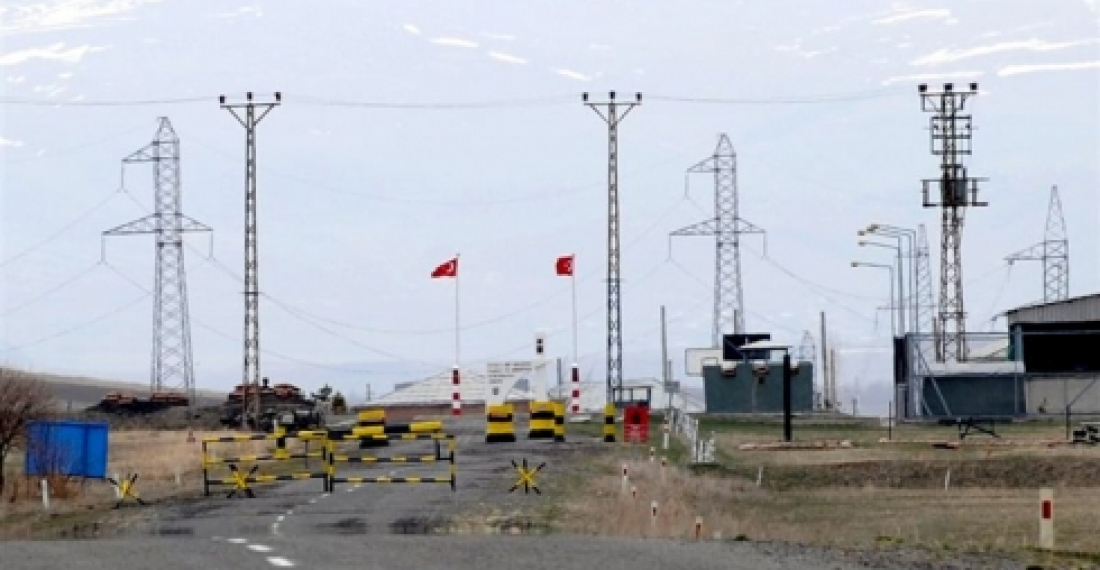An incident on the Turksih-Armenian border earlier this week resulted in the killing of a Turkish shepherd who had strayed by mistake into Armenian territory whilst gathering his sheep. In iteself this is not an unsual occurance, such problems happen on tense borders. What was unusual in this case was that he was killed by Russian border guards, since it is the Russians who police the Turkish-Armenian border. The incident has highlighted one of the many anachronisms in the peculiar relationship between Armenia and Russia.
A statement by the Turkish Foreign Ministry on Thursday (1 August) said that Mustafa Ülker, a Turkish citizen who was grazing his livestock on the Turkish-Armenian border lost his life as a result of firing as he crossed the Armenian border to round up his livestock. The statement added:
\"We strongly condemn the shooting and killing of an innocent Turkish citizen for a simple border violation which we understand to have had an innocent purpose. There is no explanation for the Armenian party’s use of disproportionate force in such an incident which may typically occur at the border.
This and other similar incidents reveal once again the need for a complete, sustainable and comprehensive normalization in the South Caucasus region and the prevalence of common sense in Armenia’s relations with its neighbors.\"
Armenia has been trying to play down the incident. It sent a diplomatic note to Turkey in which it extended its condolences concerning the incident, and expressed a hope that such incidents would not occur again in the future.
The incident took place on Wednesday and the body of the dead shepherd has alrerady been returned to Turkey.
Commonspace.eu political editor said in a comment that "Armenian-Turkish relations remain tense and complicated, and this incident, though in itself not politically serious, can easily be used by nationalists in Turkey to stir up anti-Armenian feeling. But it has also reminded the world that the border between Armenia and Turkey is guarded on the Armenian side by Russians. In fact they never left after the USSR was dissolved. Armenia says that it is for its own protection because of the hostile attitude of Turkey and the fact that Turkey does not have diplomatic relations with Armenia. But the fact remains that this is an odd situation, one of many anachronisms in Turkish-Armenian relations. The Turkish call for 'complete, sustainable and comprehensive normalisation in the South Caucasus' is well founded and needs to be heeded"
source: commonspace.eu
Commentary
Russian border guards kill Turkish shepherd on Armenian-Turkish border, highlighting Russia's unusual involvement in Armenia.







